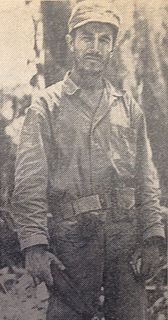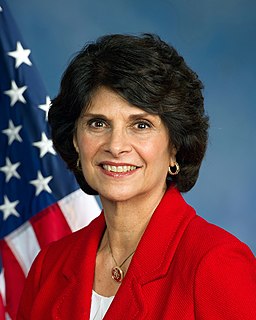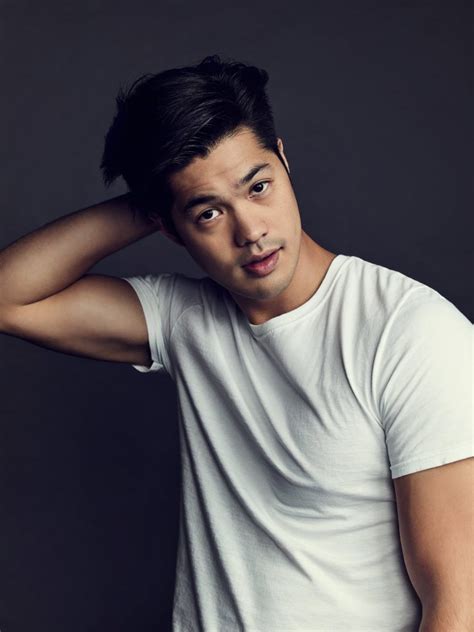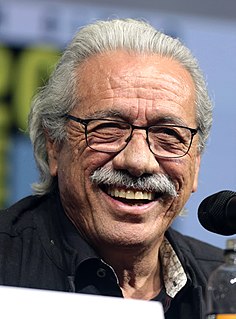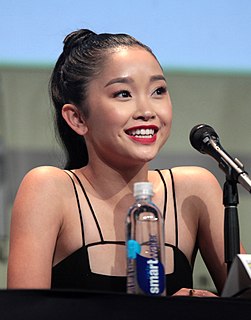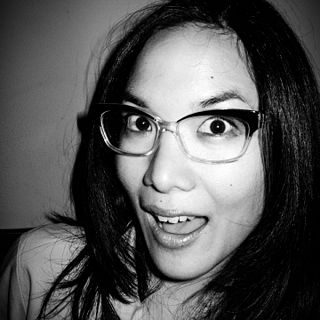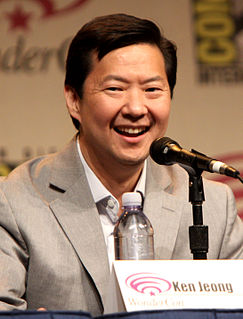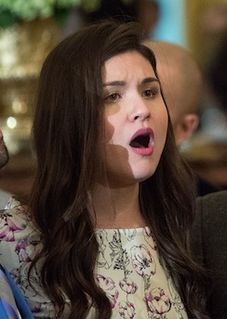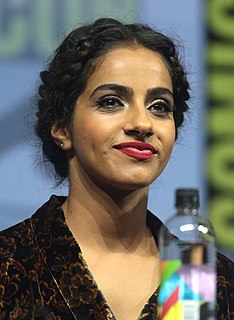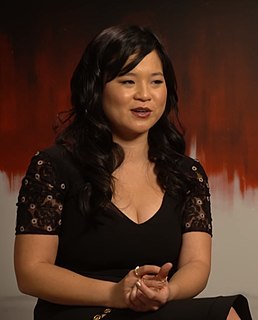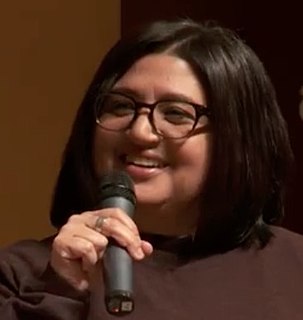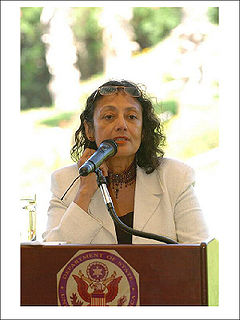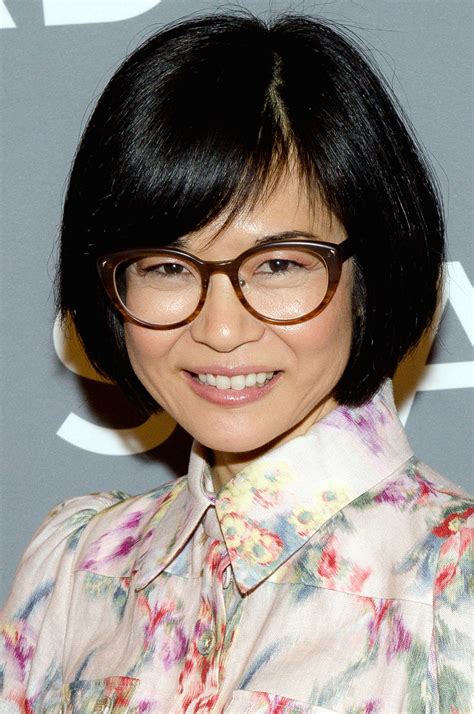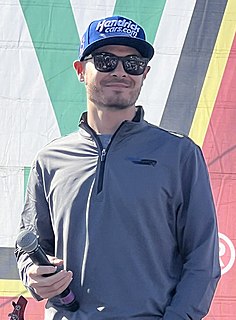Top 1200 Asian-American Quotes & Sayings
Explore popular Asian-American quotes.
Last updated on December 22, 2024.
As a first-generation "Asian American woman," for one thing, I knew there was no such thing as an "Asian American woman." Within this homogenizing labeling of an exotica, I knew there were entire racial/national/cultural/sexual-preferenced groups, many of whom find each other as alien as mainstream America apparently finds me.
It's very difficult to be asking other people for opportunities. It is much more empowering to be creating opportunities, to be the one who is saying, 'Look, I'm going to take this from the ground up and create a story that is meaningful to me as an Asian American and cast it with Asian Americans and have Asian Americans writing it.'
I think it's not an accident that you don't have that many Asian American women writers who are breaking out. I don't think it's an accident that you don't have that many Asian American writers, either women or men. I don't think that immigrants are encouraged to become artists. That's very gendered and racialized and ethnicized.
We cannot educate white women and take them by the hand. Most of us are willing to help but we can't do the white woman's homework for her. That's an energy drain. More times than she cares to remember, Nellie Wong, Asian American feminist writer, has been called by white women wanting a list of Asian American women who can give readings or workshops. We are in danger of being reduced to purveyors of resource lists.
Today, we have come a distance. We have made a lot of progress. That cannot be denied. You cannot dispute the fact that our country is so different from 50 years ago. But we still have problems. There are too many people that have been left out and left behind, and they are African American, they are White, Latino, Asian American, and Native American.
I am honored to have Ajamu Baraka as a running mate. I think he brings enormous credibility in the disenfranchised communities, not just African American but Latino, Asian American and Native American. He is a recognized advocate for racial justice, economic justice and human rights, and I think this conversation is only just begun. It is very important.
My brother often complains to me about the 'angry Asian male' in the United States. As a female, I haven't encountered this, but Asian-American men are angry. They're angry because, for so many years, they've been neglected as sex symbols. Asian women have it much easier, I think; we're accepted into various circles.
There's a misconception that I can't relate to the quote-unquote 'Asian-American experience' because I didn't grow up with an Asian mom and dad. And that's just not true. I am Asian American, and so playing a girl who is half Korean, half white, but her white dad tried really hard to connect with her mom's heritage - that's very familiar to me.
With my husband, I do really appreciate the fact that we - even though we're different kinds of Asian, there is a cultural shorthand between us, and I don't have to explain anything. I've dated guys before who weren't Asian-American, and it frustrated me when I would have to defend why beans belong in a dessert.
We are in a diversity age. I talk about the lack of diversity for black Americans, but what about the Asian Americans? You don't see them very often. They have a show called 'Fresh off the Boat.' No one is talking about that show. I saw it, and I found that show completely offensive, but I'm not Asian American.
As a community, we're fighting for Asians to play Asian roles. And then there's the other battle, which is Asian Americans playing roles that aren't written for Asians, and I think that's something that completely should happen; Why can't an Asian American male just play a leading cop figure... or the Matt Damon roles?
The more visibility, the more opportunities for Asian-American actors to play great roles. It goes to the studios opening up roles they might not have considered Asian actors for. The talent is there. I don't think there needs to be one superstar, but having more roles open up, that's the way changes happen.
I wish reporters were more in tune to the difference between the Asian experience and the Asian-American experience. I think often they lump the two together and think that when I talk about Asian-American narratives that they can cite 'Crouching Tiger, Hidden Dragon' or 'Mulan' as proof of concept when it's a different experience.
I always feel like people misunderstand the difference between an Asian story and an Asian-American story. That's completely different, too. I have friends who grew up in Asia, and our experiences are so different. Even though we might look the same, I feel like being Asian and then being Asian-American is completely different.
I wish people wouldn't just see me as the Asian girl who beats everyone up, or the Asian girl with no emotion. People see Julia Roberts or Sandra Bullock in a romantic comedy, but not me. You add raceto it, and it became, 'Well, she's too Asian', or, ‘She's too American’. I kind of got pushed out of both categories. It's a very strange place to be. You're not Asian enough and then you're not American enough, so it gets really frustrating.
Hollywood can be a really tough environment for anyone trying to make a living. Unfortunately for actors of color, namely Asian Americans, opportunities have been and remain substantially limited. One place this is not the case is on 'Hawaii Five-0,' where we have three Asian American series regulars and a landscape rich with diversity.
Our film [Hide and seek ]was created as part of the Asian American Film Lab's 11th 72 Hour Film Shootout filmmaking competition, where filmmaking teams have just 72 hours to conceive, write, shoot, edit and submit a film based on a common theme. The winners were announced during the 38th Asian American International Film Festival in New York last July. The theme for 2015 was 'Two Faces' and was part of a larger more general theme of 'Beauty'.
Does people not asking me about Asian American literature mean they don't see it as its own literary tradition? I certainly believe in it as its own literary tradition, because your race plays a great factor in how you are seen by the world, and how you see the world; the fact that I'm an Asian American isn't incidental to who I am as a writer. Where it becomes difficult is defining what, if anything identifiable at all, makes an Asian American book an Asian American book, other than the fact of its creator being Asian. And I'd argue that there is nothing identifiable beyond that.
